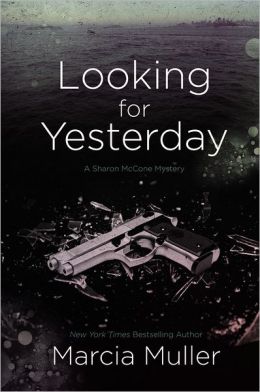Donations Enhance Library Offerings by Janice Clauser
“The
Woman Who Cured Cancer” is the remarkable story of Dr. Virginia
Livingston-Wheeler and her discovery of what she called the Cancer Microbe. The
author is Edmond Addeo and this book which is praised and donated to the
Crawfordsville Library by Virgil Lawrence of Ripley Township discusses certain
foods and vitamins found effective in supporting the immune system and the
destruction of cancer cells. Other new health books this week are “The Real
Rules of Life: Balancing Life’s Terms with Your Own” by Ken Druck, “The
Essential Guide to Hysterectomy” by Lauren Streicher, and “Depression” by Ann
Cvetkovich.
New
American histories teach us about other problem solvers. First, “The Fall of
the House of Dixie” is Bruce Levine’s analysis of the Civil War and the social
revolution that transformed the South. “Coolidge” by Amity Shlaes is a fresh
look at our 30th President in the mid-1920s that established our
modern way of life, “advancing not only the automobile trade but also aviation,”
and how “Silent Cal” showed the nation “how to persevere by persevering
himself.” “Engineers of Victory” by Paul Kennedy examines World War II as a
grand strategy carried out by ordinary soldiers, scientists, and businessmen
responsible for realizing their commanders’ visions of success, and the
inventions and innovations that modernized their efforts. “The Hopkins Touch”
by David Roll profiles Harry Hopkins, FDR’s confidant on geopolitical issues
and one of those who forged the alliance to defeat Hitler.
Alison
Weir’s “A Dangerous Inheritance” is a novel inspired by the life of Lady Jane
Grey’s sister Katherine, and interweaves the tragic story of her imprisonment
in the Tower of London with the fates of innocent Kate Plantagenet and Princes
Edward and Richard. Possessing royal blood can prove to be a dangerous
inheritance.
Amy
Myers’ “Classic in the Clouds” is a case for a car detective to solve, a
“carfullly” plotted and well-oiled crime steeped in jealousy and revenge. Indira
Ganesan’s “As Sweet as Honey” is an enchanting story of family life set on a
gorgeous island in the Indian Ocean. J.A. Jance’s “Deadly Stakes” introduces a
police academy-trained former reporter contacted to solve the murder of a divorcee
on behalf of the woman accused of the crime. “Alex Cross, Run” by James
Patterson involves three very grim cases; the detective doesn’t notice that
someone is after him too. Maeve Binchy’s
“A Week in Winter” presents a week in a new Inn on the Irish coast. As usual
this author makes us laugh, cry, and care.
James
Patterson’s “Private Berlin” tells how tragedy strikes the Berlin headquarters
of the world’s most powerful investigation firm and exposes a hidden past. “The
Twelve Tribes of Hattie” by Ayana Mathis describes an unforgettable family, children
of the Great Migration. In 1923 a 15-year-old girl flees Georgia, settles in
Philadelphia and marries a man who brings only disappointment as she raises
many children with grit but without tenderness to prepare them for the sadness
of life in a world that won’t be kind, a certain world of racism.














